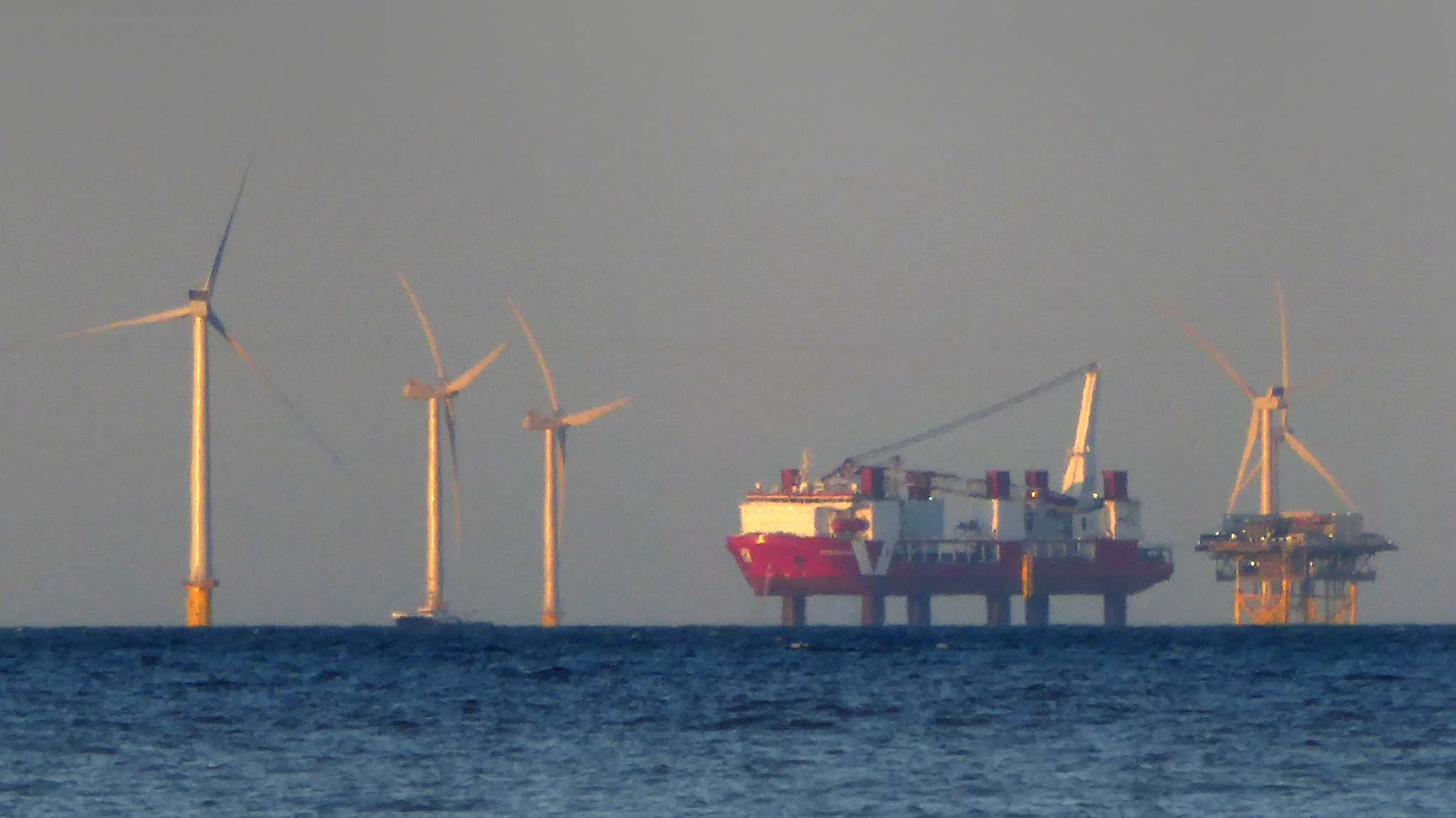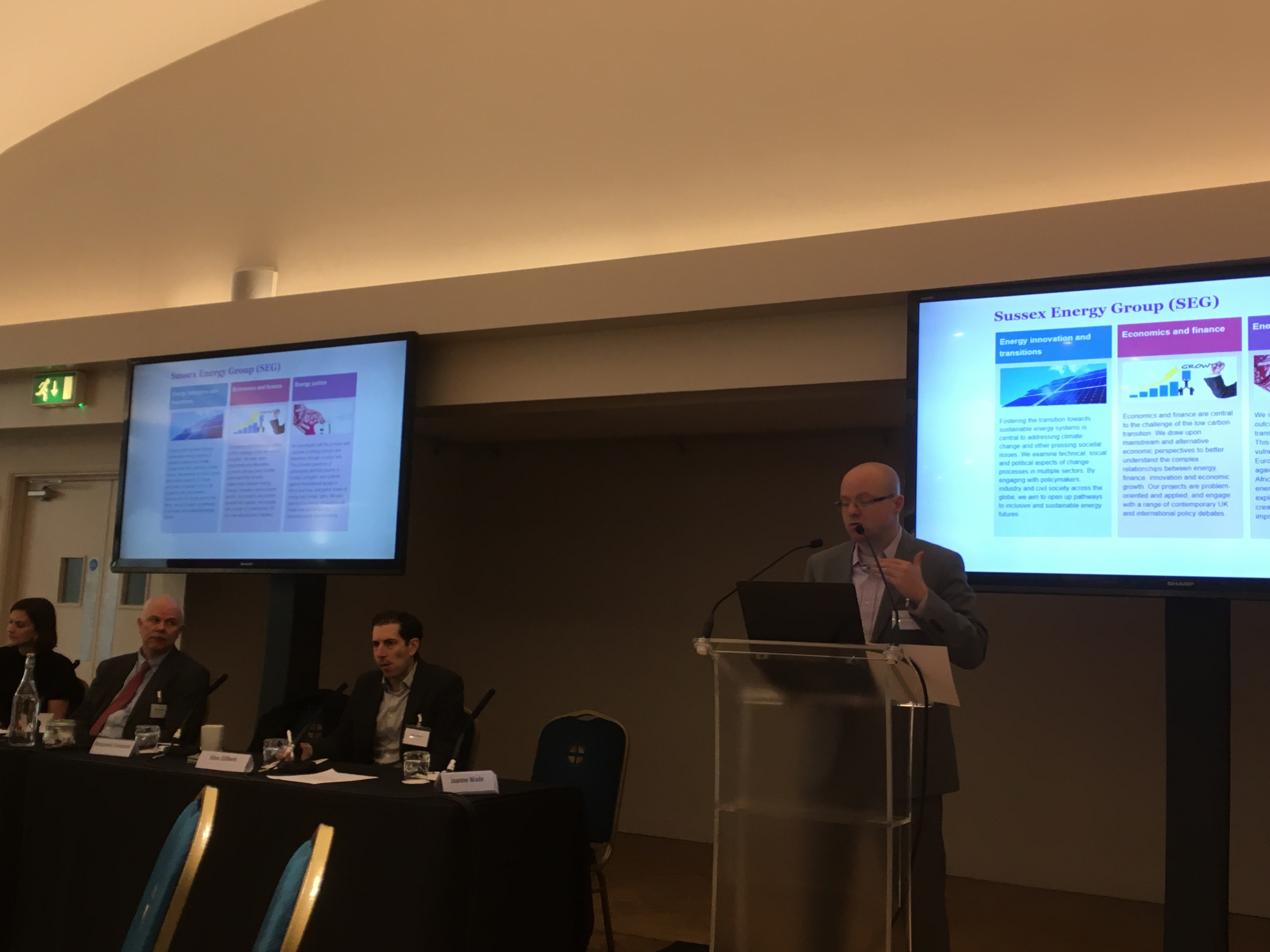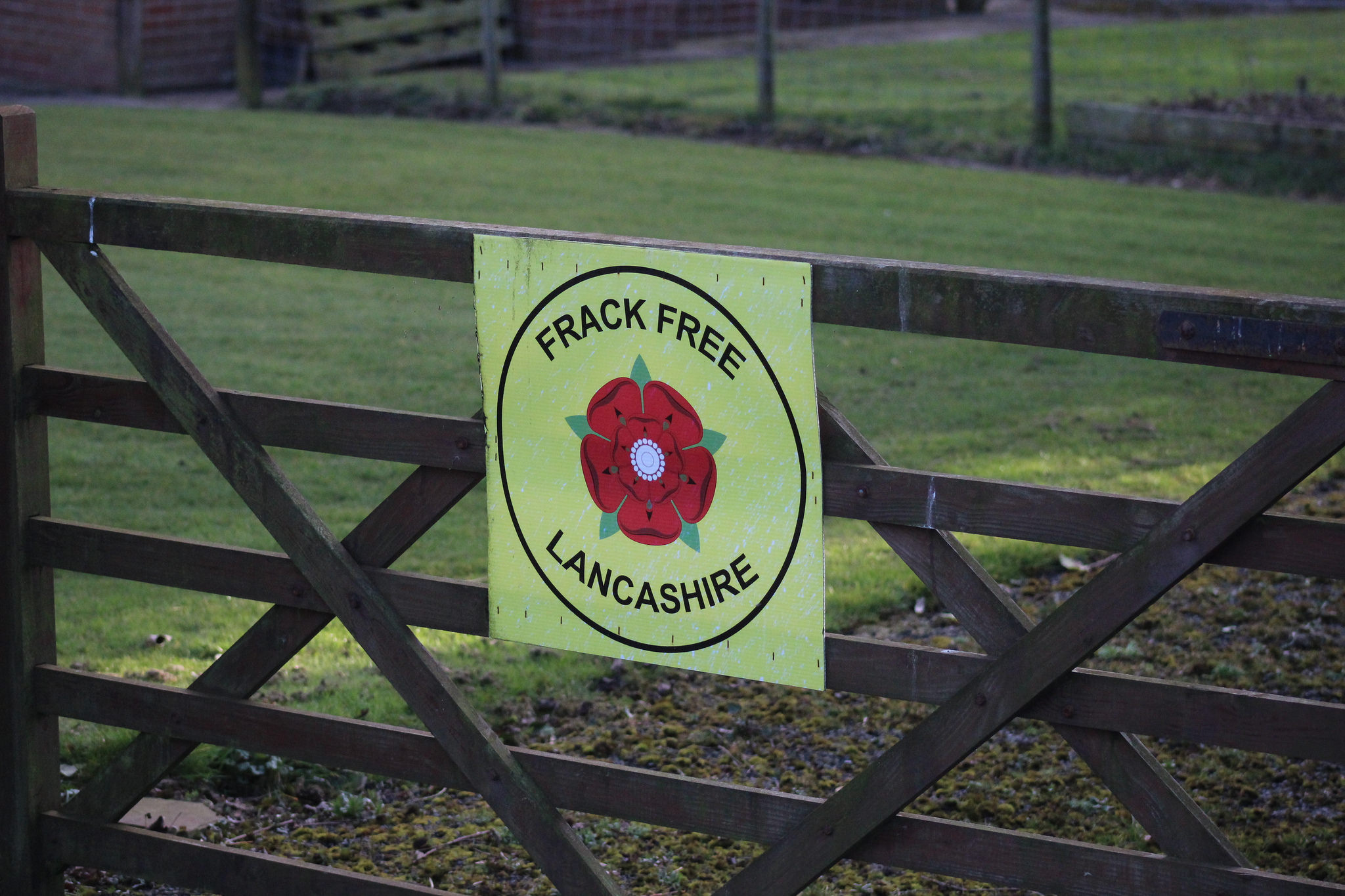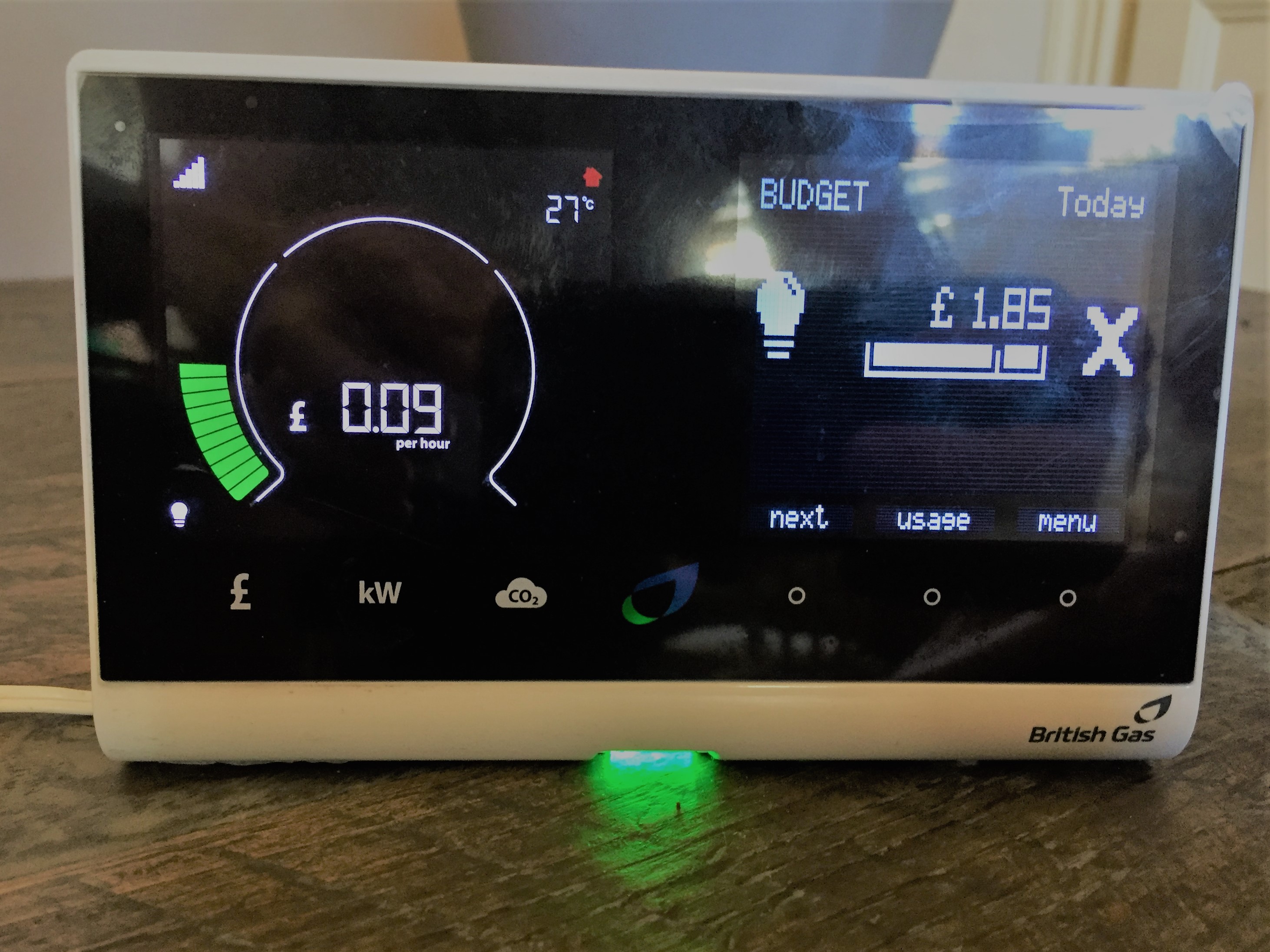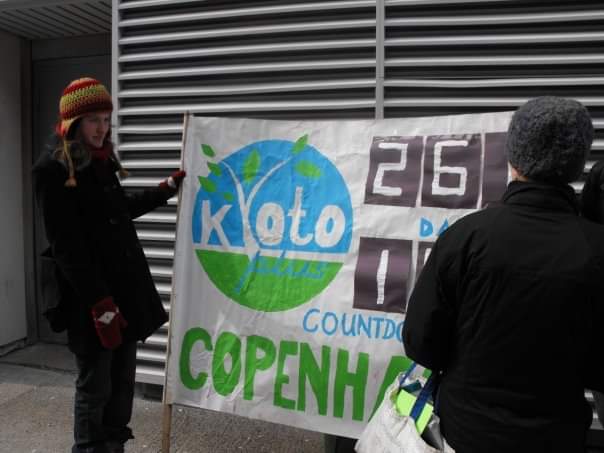
Nora Blascsok interviews newly appointed Sussex Energy Group (SEG) co-Director, Dr Marie Claire Brisbois

Dr Marie Claire Brisbois, Lecturer in Energy Policy at SPRU, joined us in 2018 and runs Powershifts, a project investigating the impact that decentralised renewable energy initiatives are having on existing policy decisions.
We sit down to have a chat on a sunny Friday on the occasion of her appointment as new Co-Director of SEG. I am interested to hear what made her want to join the Energy Group and why she came to SPRU in the first place.
“It made sense to join the group as I wanted to be involved in the wide range of areas they are working on from energy efficiency, energy justice, finance and politics. It is a dynamic group that is very well connected externally”– she explains.
She has definitely not just been sitting at her desk.
“It is nice to be here also from a social academic point of view. You get to talk to people about their research, but also about the reasons why they are doing it. A lot of people here are intrinsically motivated to try to make the world a better place. It is inspiring”.
She tells me about how she initially contacted Andy Stirling and Adrian Smith, when she was looking for a post-doc, but then ended up first working for the Canadian government and taking a post-doc position at Utrecht University before, eventually, ending up at SPRU.
“I feel like I’ve landed in the right place. I am working with Benjamin Sovacool, Paula Kivimaa, Karoline Rogge; people I have been citing in my work. It is pretty great,” she says.
I am eager to hear more about what Marie Claire is working on. With a background in physical science, she spent most of her academic career looking at water, rather than energy. Working on water drainage projects in Guatemala made her realise she needed to look at the bigger picture and switch fields. She then focused on issues of power and politics in water governance decisions, specifically looking at the Alberta tar sands and at petro-chemical processing factories in the province of Ontario, Canada.
The common thread through her work, she explains, is that the way our economy is set up and the way we use resources has implications for political decisions and policy decisions; which often end up prioritising profit over other things that are important and make life worth living.
“Money is important, but it is not everything. You need the full package: things like social and environmental outcomes have to be taken into account,”-she adds.
When she moved into the energy space, she started looking at the political implications of energy choices we make and how we can go about changing the negative power structures and relationships that lead us to the climate situation and the social situation we are in, in terms of poverty, equity, justice and ultimately, who has access to resources.
“I tried to be productive, not just critical,”-she says.
Her work as part of the Powershifts project looks at decentralised energy movements and how they are impacting policy arenas.
“I am interested in groups like community energy or municipal groups that are not solely focused on profits; and how they are working together to participate in policy processes. In some countries, like the Netherlands, you are starting to see policy shifts as a result. In other places, like the UK, where supportive policies are lacking, people are doing whatever they can, working around the policies and regulations,”– she explains.
It sounds like a very timely topic and the results will be coming out soon. I want to know more about her plans as the new co-Director. Marie Claire, unlike co-Director Karoline Rogge and Director Professor Benjamin Sovacool, is based full time in Brighton. She has already shown how important it is to have a connection to the local community and what is going in the UK, by inviting representatives of the student movement, Fridays for the Future for a meeting.
“There is a lot of motivation among SEG staff to be involved in the climate discussions and what is going on, so I am here to facilitate that for the people who are interested. My goal is to make sure these people have a pathway through which they can pursue this interest and be involved”– she says.
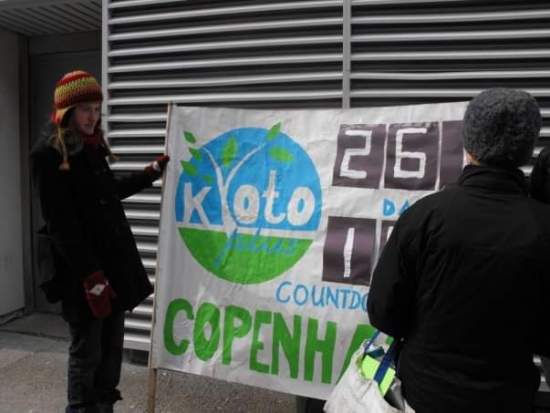
Her energy and enthusiasm for action are apparent and not accidental. Marie Claire spent time between her Masters and her Phd working as an environmental activist for the Sierra Club of Canada. She knows how important small wins are and that we need to celebrate them.
“I got disillusioned for a while and left activism for ten years. There is so much energy right now that I don’t have to self-motivate anymore. There is a feeling that things can change, so it feels like I am not doing it all on my own anymore. I am happy to get back in and support others in any way possible”.
There is also a lot going on within the University right now – including conversations about rewilding, a transportation strategy and discussions about the general carbon budget – that it is great to have somebody who can link the group into these processes.
There probably isn’t a better person to talk about the recent wave of protests and how academics can take part without compromising their duty to stay politically neutral. Marie Claire doesn’t beat around the bush:
“Pretending that science is neutral is ridiculous. As scientists, we make decisions on what we think is important every day and these decisions reflect our values, ideals and how we were raised. There is no manual or objective truth, especially when you get into questions like energy, where people have very different ideas”.
How about party politics? Can we call the government out, I ask.
“We need to look at the reasons why decisions are made and have a wider assessment of the conditions behind them. I believe that as academics, it is our role to be critical, but also constructive. There should always be space to speak truth to power”.

I am truly inspired to hear this. Marie Claire will be getting the results of her project out soon. She says she is excited to publish work that shows that things are substantially changing. We are living through difficult times and this is something that we all want to hear. She is hopeful about the future, and as a researcher, of course, she wants to understand what it will look like going forward from an energy perspective. And in general.
I, for one, am looking forward to a SEG pub night – which, as the new co-Director, she has been tasked with organising – where I can pick her brains further about activism, politics and power.
Dr Marie Claire Brisbois was appointed co-Director of SEG in May 2019, alongside co-Director Dr Karoline Rogge and Director Professor Benjamin Sovacool.
Follow Sussex Energy Group

